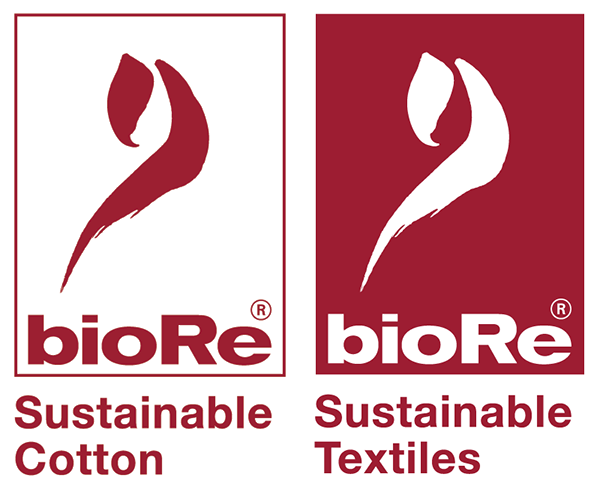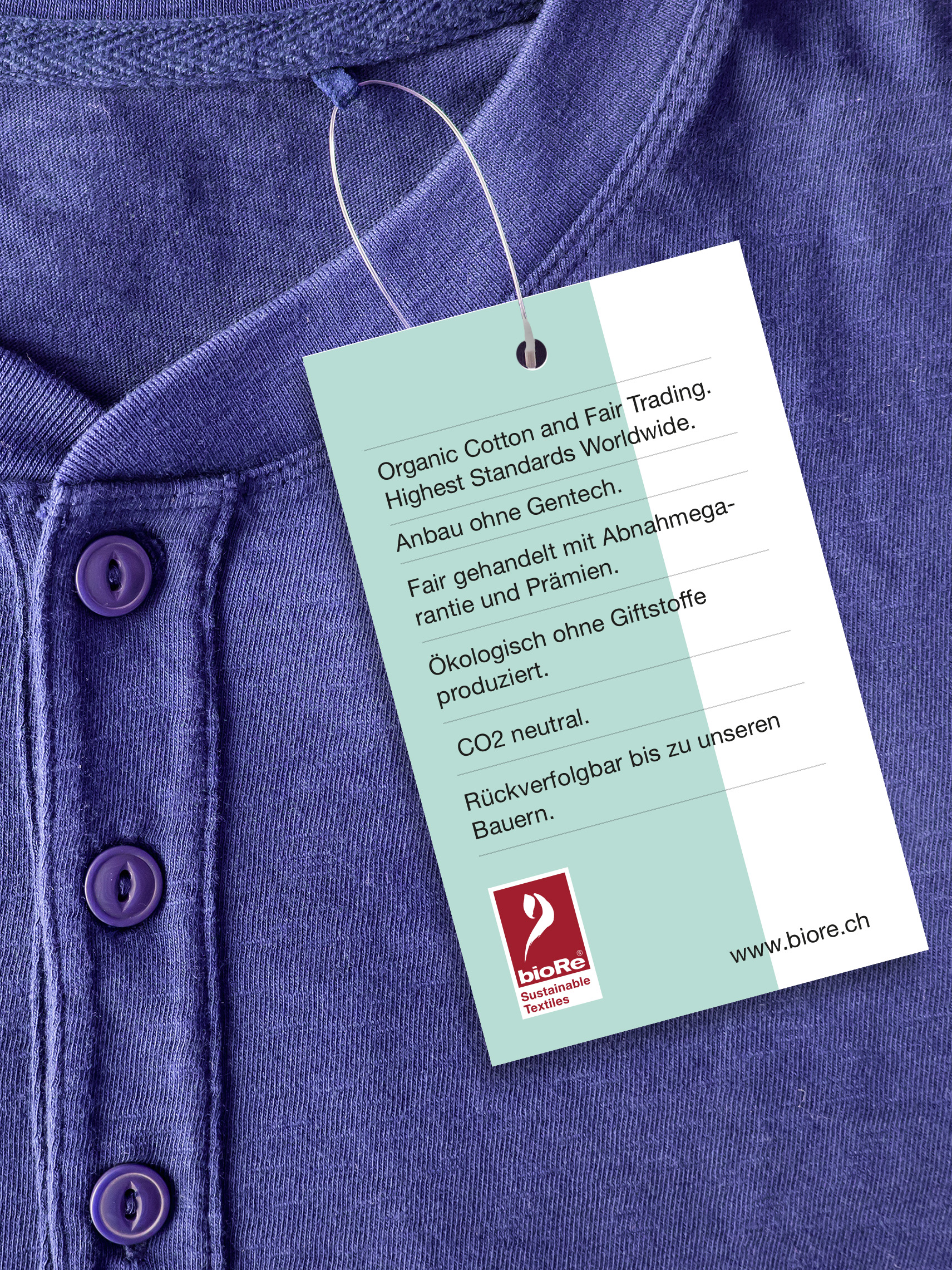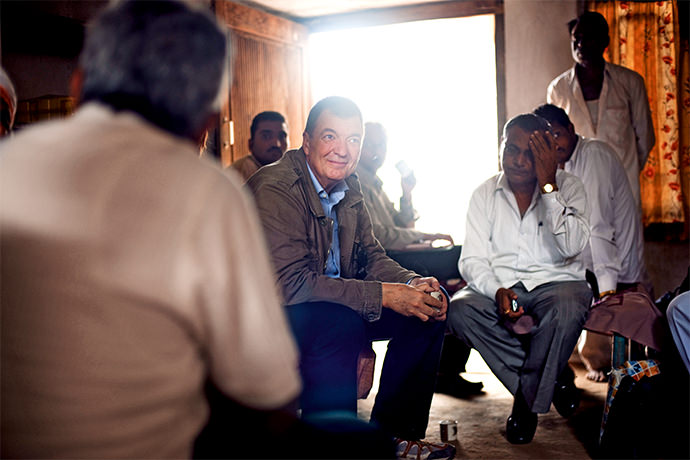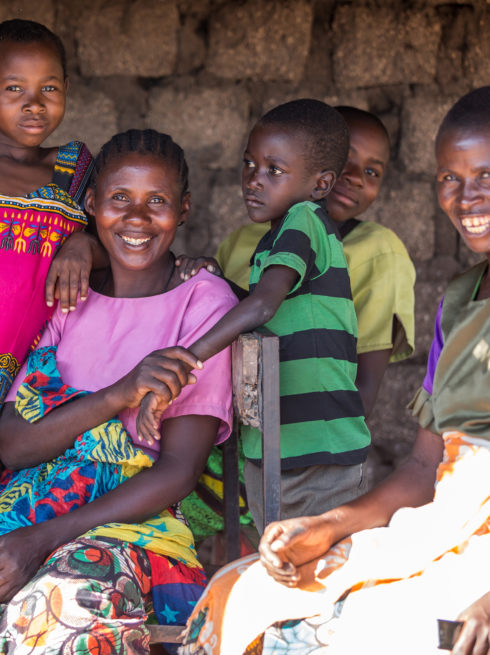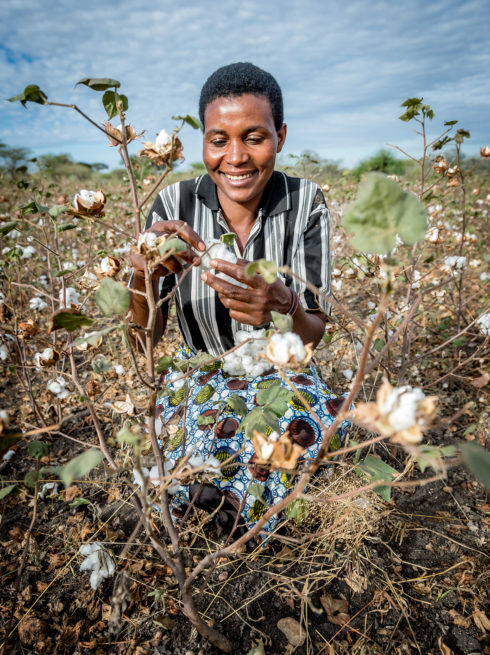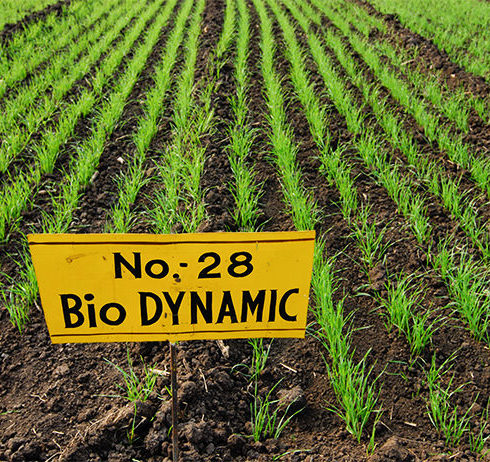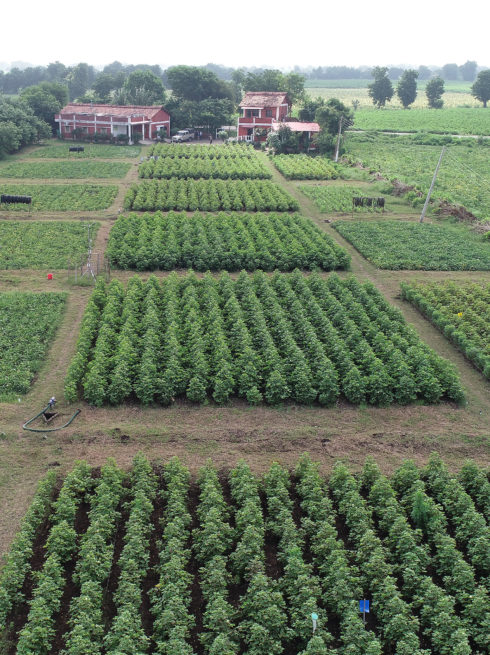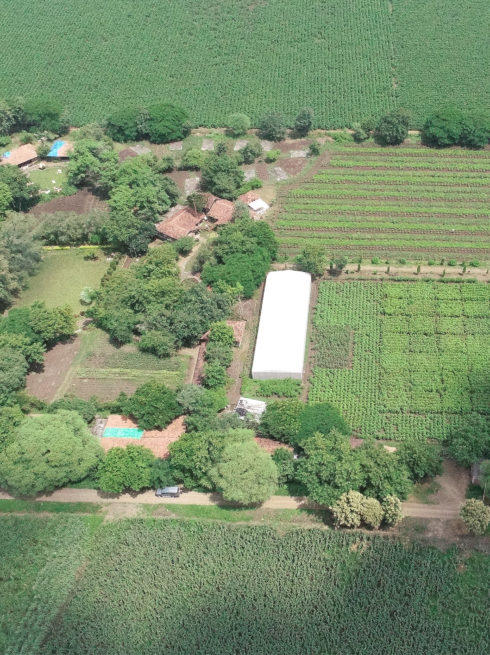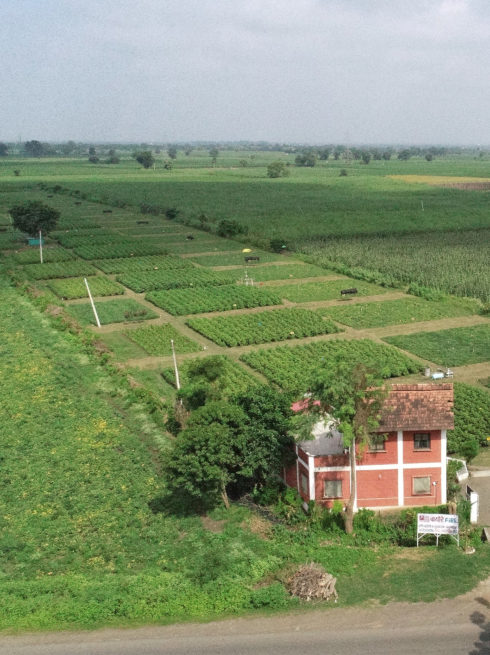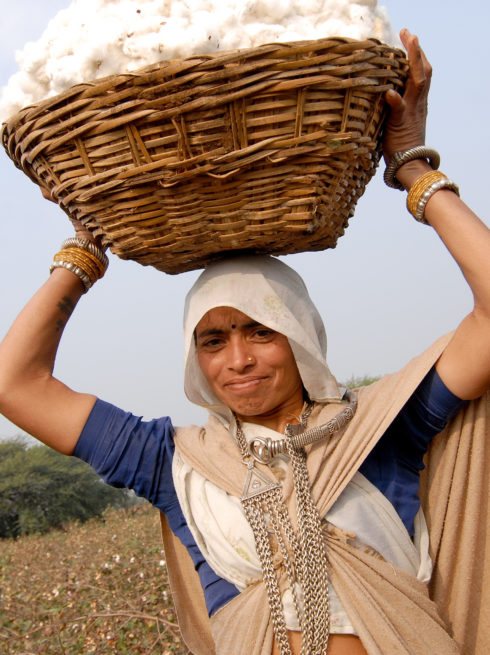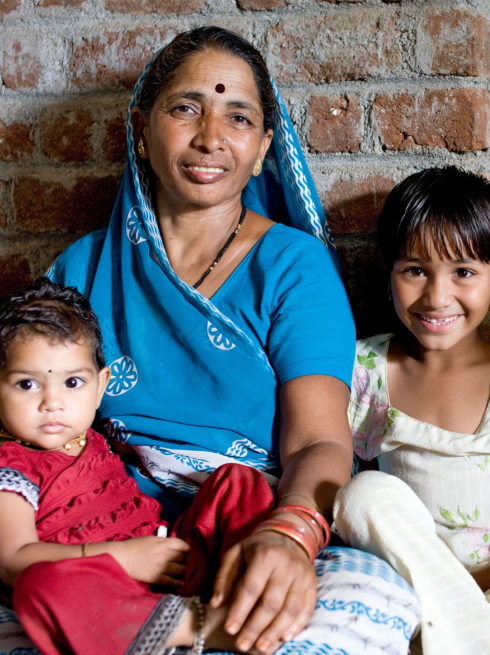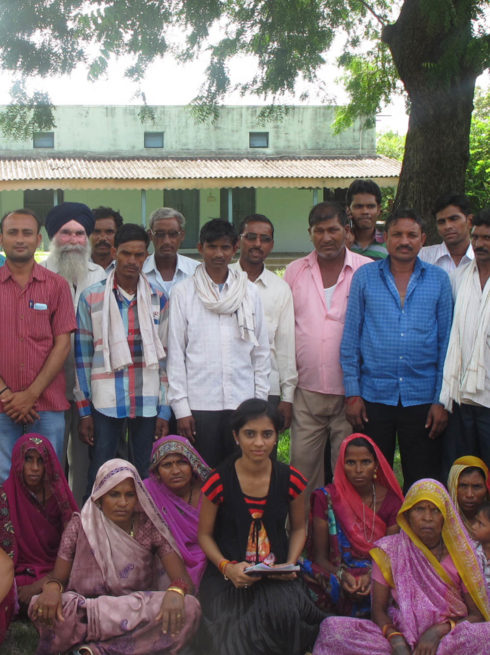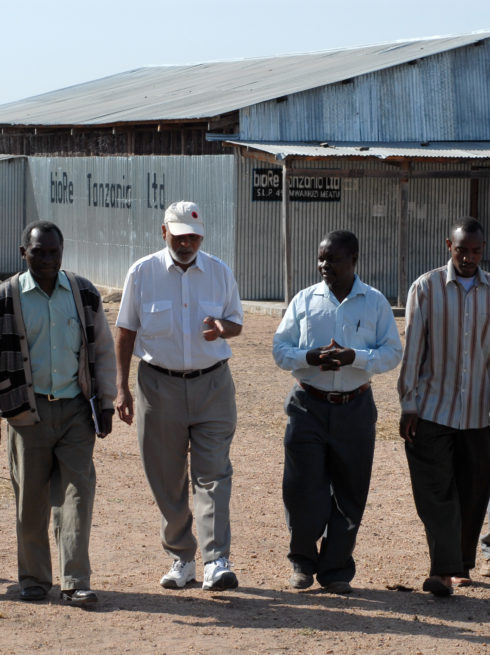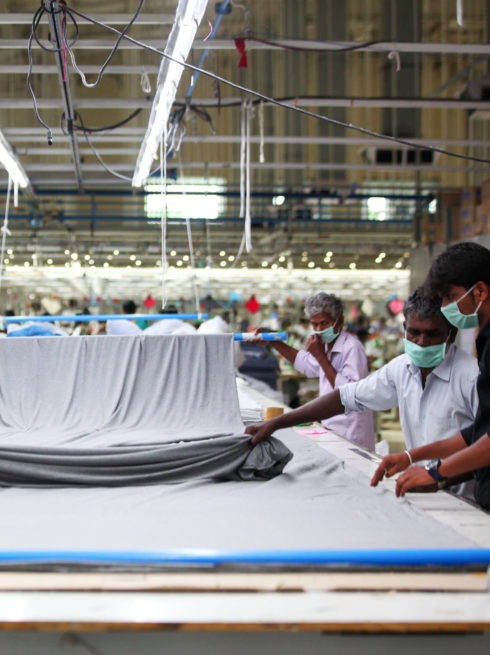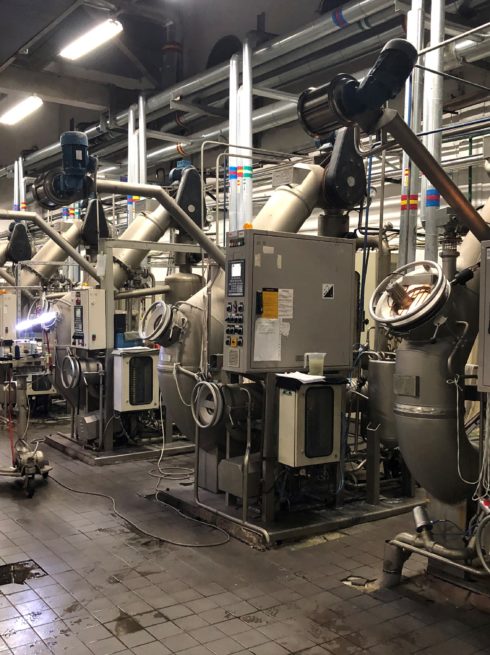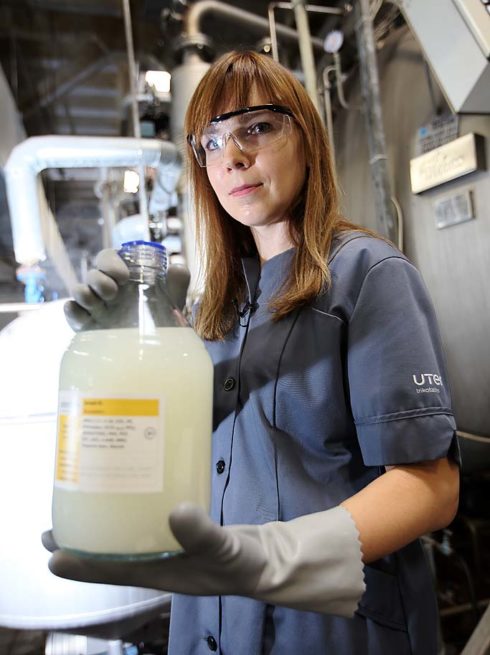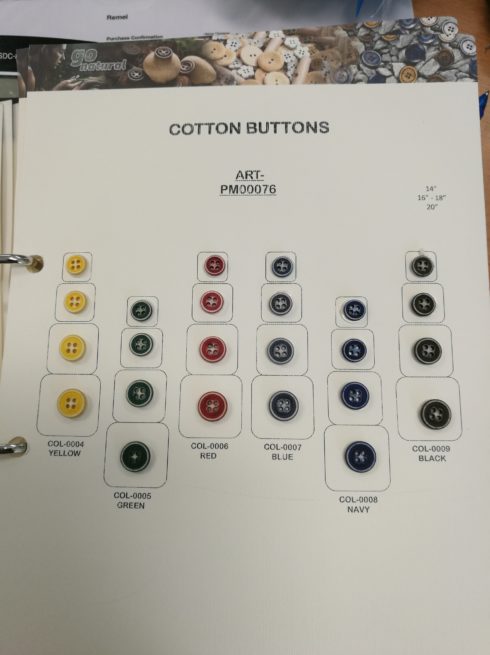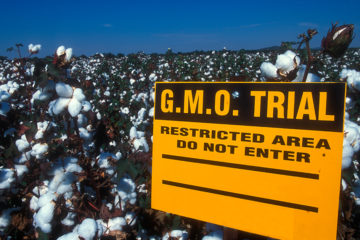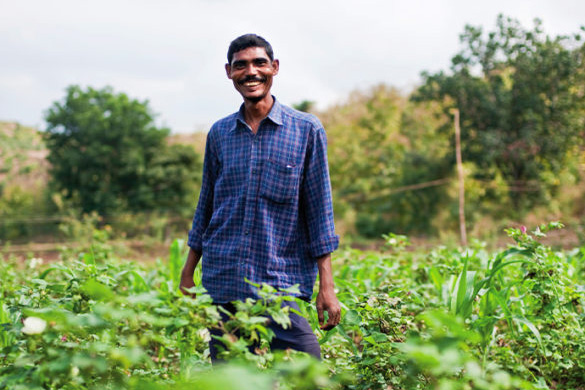Our measures have a positive impact, both on humankind and the earth.
Organic farming and fair trade have a sustainable impact. Each of our measures creates progress, for the benefit of health and the environment.
Human beings see their social lives improved and their financial concerns and dependencies reduced significantly. They live in harmony with intact nature.
Organic farming and its ecological impact.
- In our farms in India and Tanzania, biodiversity has increased considerably. The diverse flora provides living space for small animals and insects, and creates a natural balance between useful animals and pests.
- Compared to conventionally farmed land, there is more biomass and a clearly improved structure in the soil of our organic-farming fields.
Organic farming and its economic impact.
- Our organic farmers in Tanzania have managed to raise their yield over the years by applying new seeds or better farming methods such as line sowing. Their profit is superior to conventional cotton farming.
- The yields produced by our organic farmers in India demonstrate that organic and conventional soybean outputs are similar whereas less cotton and wheat is harvested in the organic system. And yet, profit is comparable in both production systems as our organic farmers run up considerably less cost because they do not have to use expensive pesticides, herbicides, synthetic chemical fertilizers, and GMO seeds.
- Contrary to conventional farming, our organic farmers do not have to take out major loans from banks to pay for agrochemicals, which is a huge advantage.
Organic farming and its health impact.
- As no toxic pesticides are used in organic farming, the health of our organic farmers is not diminished by such pesticides.
Organic farming and its social impact.
- In organic farming, we promote co-operation among farmers, thus facilitating positive social development.
- Organic farming enables our farmers to become independent from genetic-engineering and chemical corporations.
Fair trade and its economic impact.
- Our farmers enjoy the certainty of selling their organic cotton to Remei, our licensee, owing to the unique purchase guarantee.
- Our organic farmers receive guaranteed premiums rewarding them for the major efforts they make in their organic farms.
- Long-term partnerships enable textile manufacturers to plan production efficiently.
- Our long-term co-operation with farmers as well as our partners in the textile industry reinforces mutual understanding, thus adding to the level of quality.
Our standards in the textile industry and their economic impact.
- Our strict ecological requirements specified in the bioRe Sustainable Textiles standard ensure environmentally compatible production of textiles along the entire value chain. We make sure that approved dyes are used exclusively, and waste water is purified.
Our standards in the textile industry and their health impact.
- Our strict requirements for good conditions of work specified in the bioRe Sustainable Textiles standard protect the health of workers in the textile factories. Use of toxic substances is prohibited explicitly. Health and safety at work are promoted by means of protective measures and training.
Our standards in the textile industry and their social impact.
- Our high requirements for fair pay specified in the bioRe Sustainable Textiles standard provide for living wages for workers in the textile factories.
